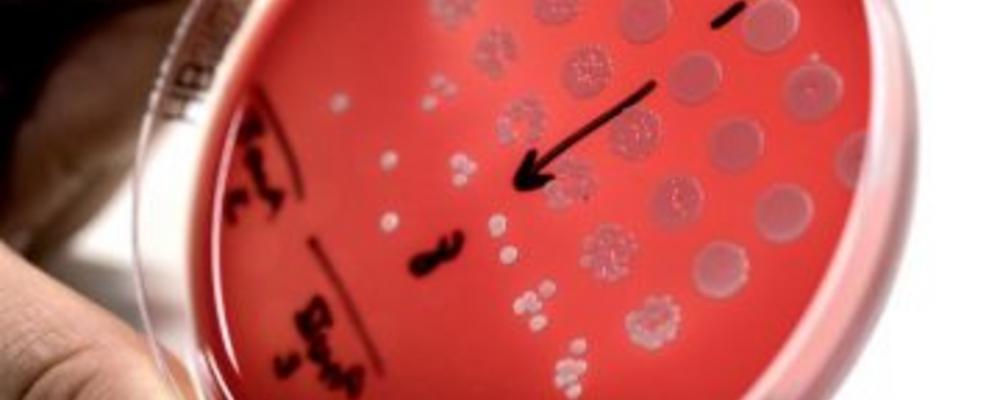”The thymus as a target organ in treatment of autoimmune diseases,” ”The importance of physiological aging and oxidative stress for development of lung cancer,” and ”Strategies against antibiotic-resistant biofilms” are three research areas that received the Swedish Research Council’s project grants in the current round of funding.
“It’s gratifying that the broad, clinically important research we’re doing at the Institute of Clinical Sciences has been recognized this year too, with several grants from VR,” says Peter Naredi, Head of the Institute of Clinical Sciences.
The three Institute researchers receiving project grants are Olov Ekwall, Professor in the subject area of pediatrics; Volkan Sayin, Associate University Lecturer in the subject area of surgery; and Margarita Trobos, Associate Professor (docent) in the subject area of biomaterials science.
Thymus a target organ in treating autoimmune diseases
Olov Ekwall’s research focuses on studies of the thymus gland, which is a central organ regulating immune system function.
“We have projects addressing the normal function of the thymus — primary thymus disorders, what may have gone awry in it when common autoimmune diseases arise, and also using the thymus as a target organ in treating autoimmune diseases.”
One major challenge in these studies is to transfer results from experimental studies of specific mechanisms to how these collectively affect overall thymus function, both in normal conditions and in various pathological states.
“Every contribution is welcome, of course, because it enables our research to be implemented. Where the Research Council is concerned, it’s a bit more important because it’s something of a quality stamp on our work.”
Physiological aging and oxidative stress as factors in lung cancer development
Cancer is strongly associated with aging. The median age for developing lung cancer is around 70 years and, for patients aged over 60, it has been shown that the risk of the disease spreading is double the population average. Volkan Sayin now hopes to find new, individualized routes to treatment, by investigating what it is about aging physiology that drives the onset and spread of lung cancer.
“This research project poses challenges, since we’re entering a completely new field of research. In principle, all preclinical research on lung cancer where animal models have been used is conducted exclusively on young mice. It both takes a long time and is costly to get older mice* for the studies we’ve now received funding for. The fact that VR now wants to invest in this research is going to enable us to break ground in this new field of research,” Sayin says.
- Timespan: older mice 15–18 months, equivalent to 50–60 years in humans.
Strategies against antibiotic-resistant biofilms in orthopedic prosthesis-related infection
Orthopedic implant-related infections result in increased healthcare costs, immense suffering and raised mortality, especially in older people. This translational project addresses the clinical, microbiological, and biomaterial aspects of these infections and its associated antibiotic resistance. The project involves interdisciplinary collaboration among experts in orthopedics, microbiology, infectious diseases, biomaterials, and immunology. By combining clinical, preclinical, and basic research, the project will investigate aspects of pathogenic mechanisms, and influence patient care practice by evaluating new antimicrobial solutions, diagnostics, and treatments.
“The greatest challenge is the hardy bacteria causing the infections. An interdisciplinary approach is the only way of tackling them. These bacteria are often resistant to antibiotics, owing to prolonged antibiotic treatments and because they produce a biofilm on the implant, where they hide from antibiotics and the immune system. In contrast to unicellular bacteria, bacteria in biofilms are up to a thousand times more resistant to antibiotics. So repeated surgery and implant removal are often necessary in the attempt to heal the infection,” Trobos explains.
Competition to obtain the Research Council's grants for research projects is very stiff, and the grant affords vital recognition of our research, past and present.
“For us, the best result and reward will be if the research findings from this study benefit patients in the near future.”
Text: Susanne Lj Westergren
